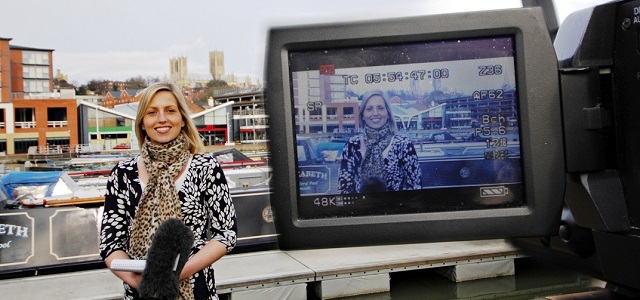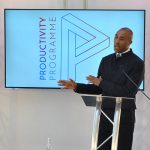How to Avoid Doing A Diane (Abbott)
 Shadow Home Secretary Diane Abbott became a laughing stock last week after giving a series of car crash interviews on her new policing manifesto.
Shadow Home Secretary Diane Abbott became a laughing stock last week after giving a series of car crash interviews on her new policing manifesto.
Ms Abbott, when interviewed by Nick Ferrari on LBC, made a monumental mistake on the figures, claiming that 10,000 new police officers would cost just £300,000, which is the equivalent of a yearly salary of just £30.
On the back of this mistake, the Shadow Home Secretary got flustered and got her numbers repeatedly wrong, which made it look as if she didn’t know her figures at all.
In a further interview that day, Ms Abbott was invited to defend herself. But instead of holding her hands up and saying, “I’m sorry, I messed up”, she was repeatedly caught in a lie. That will have done very little to help her regain the public’s trust and sympathy.
Disastrous interviews are nothing new and make for good entertainment. But they can be a PR nightmare for the person or company being interviewed.
Here at Shooting Star, we regularly train clients on the best ways to tackle the media and ace your interviews. Here are just a few of our top tips:
Be prepared. It’s very rare that you will be asked to do an interview on the spot. You’ll most likely be given a couple of hours’ warning, sometimes even days. Make the most of that time to research the person who is going to interview you, the programme or publication the interview will appear on or in and the topic that you are being asked to comment on. Try and find out what angle the interviewer will be come from. Once you have done your research, make sure you have all your key facts and figures to hand and if you can; try to memorise them so you can recall them at the most opportune time.
Be yourself. Conquer your nerves by imagining you are talking to your friends down the pub. An interview is just a conversation between you and your audience. Smile (if appropriate!) and show that you believe in what you are saying, that you are passionate about what you do. People are much more likely to warm to you if you show enthusiasm and radiate positivity.
Do not lie, ever. Lies always get found out. If your journalist is astute, you will be put on the spot and the interview will only go downhill from there. If you have made a mistake, say so and apologise. If you don’t know the answer to a question, admit it and offer to find out. Honesty really is the best policy.
Stay on message. At the preparation stage, agree with your communications team what three key points you want to get across. (If you haven’t got a communications team, ask a trusted colleague!) Keep those key points at the forefront of your mind when answering questions and feel free to repeat your points if necessary. Stay on brief and keep your answers short and simple. You do not need to fill in the blanks in the conversation and volunteer more information than you want to.
Lead the conversation. If the interview goes off on a tangent, you can redirect the conversation back to your key messages by using bridging phrases such as “but the key issue is …” When faced with a negative, try to turn it into a positive. For example: “We have learnt from this and are doing X to combat Y.” And if faced with wrong information, do not be afraid to correct your interviewer with the facts.
These tips are just some of the basics of media training. But they don’t just apply to media interviews – you could easily use these for job interviews or client pitches.
This article was originally published by Lincolnshire Business on 12th May 2017.









